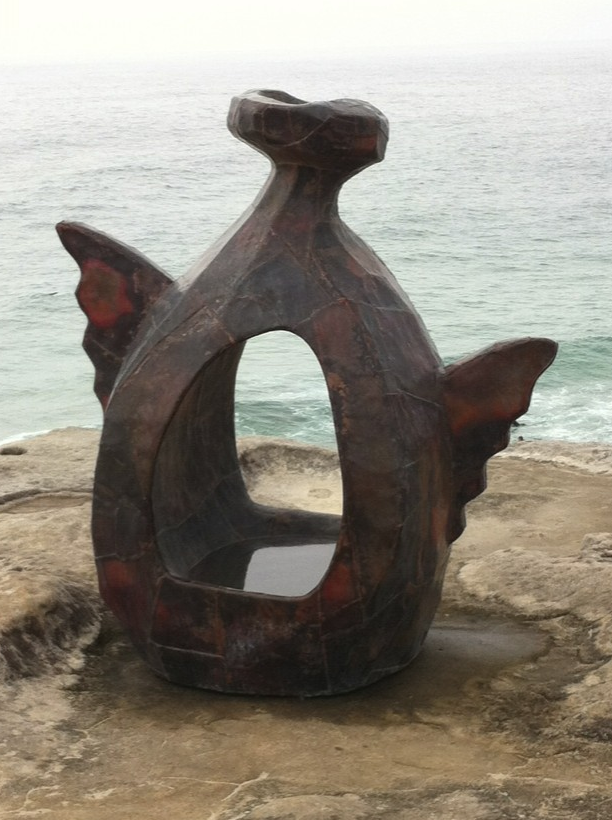I loved this list of advice from nakedpastor :
- Lead leaderlessly. That is, lead in a non-leading kind of way. Serve. Step out of the leadership position continually. Perpetually. Create the vacuum for others to lead and serve.
- Don’t go anywhere. No goal. No destiny. No vision. Keep it real and keep it present. You either serve the vision or you serve the people.
- Don’t ever think of the “church” as some kind of entity ASIDE from the real flesh and blood people that constitute it. The church isn’t the entity, even though it wants to be and constantly endeavors to be.
- Allow worship and expression of all sorts to be indigenous. Never think of worship as instruction. It is God-ward, not human-ward.
- If prayer is always in the form of a song and never said or read, so be it.
- Allow freedom of expression, even if it’s going to be weird, uncomfortable, and questionable. Judge it afterwards. Yes, when done with mutual respect, we do get used to this honest and authentic form of dialog and learning.
- Let sinners play too.
- Question everything.
- Never be overly impressed with another person. No one is good but God alone.
- Don’t be afraid to kill the mood. Always be honest and free, no matter how uncomfortable you might cause others to feel.
I especially liked number's 1, 6 and 8. As for 2, I agree that I'm over the vision thing, but I do think it's important to hold to 'values' and it may well be that some of those values are future-focussed. I also worry a bit about the 'serve the people' line since I think that's what too many churches do and become big clubs for members. Of course if you take the broadest possible approach to 'the people' then that's better , although I still think our values need to include an orientation toward serving the 'non-people' parts of creation too.
